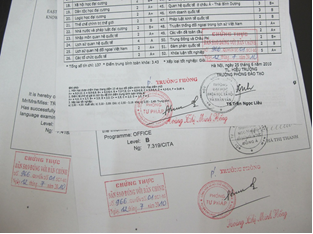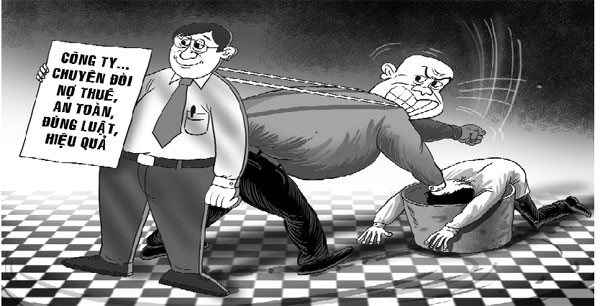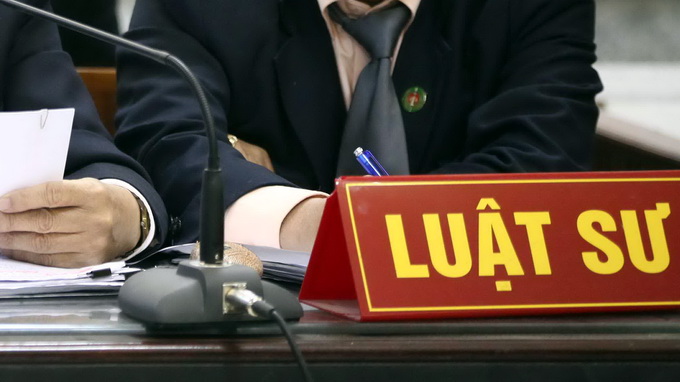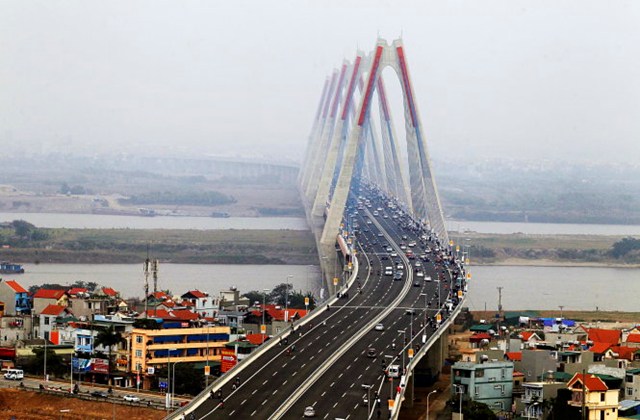Who are the involved parties in the administrative cases? What are their rights and obligations in Vietnam? – Thanh Cong (Dong Thap, Vietnam)

Involved parties in the administrative cases in Vietnam (Internet image)
1. Who are the involved parties in the administrative case?
The involved parties in the administrative case include:
- Plaintiff means an agency, organization or individual that institutes an administrative lawsuit over an administrative decision or act, a disciplinary decision on dismissal, a decision on settlement of a complaint about a decision on handling of a competition case, decisions to settle complaints about governmental auditing activities, or over a list of voters to elect National Assembly deputies, a list of voters to elect People’s Council deputies or a list of voters in a referendum (below collectively referred to as voter list).
- Defendant means an agency, organization or individual that has made an administrative decision, taken an administrative act or issued a disciplinary decision on dismissal, a decision on settlement of a complaint about a decision on handling of a competition case, decisions to settle complaints about governmental auditing activitiesor made a voter list over which a lawsuit is instituted.
- Person with related interests and obligations means an agency, organization or individual that, though being neither the plaintiff nor the defendant, has his/her/its interests and obligations related to the settlement of an administrative case and, therefore, participates on his/her/its own initiative or at the request of another involved party as accepted by the people’s court (below referred to as court) or summoned by the court to participate in procedures in the capacity as a person with related interests and obligations.
(Article 3 of the Law on Administrative Procedures 2015, amended in the Law on amendments to some Articles of the Law on State Audit Office of Vietnam 2019)
2. Rights and obligations of involved parties in administrative cases in Vietnam
2.1. Rights and obligations of plaintiffs in Vietnam
* According to Article 55 of the Law on Administrative Procedures 2015, when participating in procedures, involved parties have equal rights and obligations, including:
- To respect the court and strictly observe internal rules of court hearings;
- To pay legal cost advances, legal cost, fees and other procedural expenses prescribed by law;
- To maintain, change, add or withdraw their claims;
- To provide their residence or head office addresses in a sufficient and accurate manner; in the course of case settlement by the court, to promptly notify other involved parties and the court of any change in their residence or head office addresses;
- To provide documents and evidences to prove and protect their lawful rights and interests;
- To request agencies, organizations and individuals that are keeping or managing documents or evidences to provide such documents or evidences for furnishing them to the court;
- To request the court to verify or collect documents and evidences of the case which they cannot verify or collect; to request the court to compel the production by other involved parties of documents or evidences which they are keeping or managing; to request the court to rule on compelling the provision by agencies, organizations or individuals that are keeping or managing evidences of such evidences; and to request the court to summon witnesses, solicit expert examination or valuation of assets;
- To get access to, take notes and make copies of documents or evidences produced by other involved parties or collected by the court, except documents or evidences not permitted to be disclosed under Clause 2, Article 96 of the Law on Administrative Procedures 2015;
- To submit copies of lawsuit petitions and documents or evidences to the court for sending to other involved parties or lawful representatives of other involved parties, except documents or evidences not permitted to be disclosed under Clause 2, Article 96 of the Law on Administrative Procedures 2015;
- To request the court to rule on the application, change or cancellation of provisional urgent measures;
- To request the court to hold sessions to check the submission of, access to, or disclosure of, evidences and dialogues, and participate in such sessions in the course of case settlement by the court;
- To receive valid notices for exercising their rights and performing their obligations;
- To defend their lawful rights and interests or ask lawyers or other persons to do so;
- To request the change of procedure-conducting persons or procedure participants;
- To participate in court hearings and session;
- To be present in response to court summonses and abide by court rulings in the course of case settlement by the court;
- To request the court to summon persons with related interests and obligations to participate in procedures;
- To request the court to suspend the case settlement;
- To give questions to other persons on matters related to the case or propose to the court matters on which questions must be given to other persons; to confront themselves with one another or with witnesses;
- To make arguments at court hearings, present their opinions on evidence assessment and applicable laws;
- To be provided with extracts of court judgments or rulings;
- To appeal against or complain about court judgments or rulings;
- To request competent persons to file protests against legally effective court judgments or rulings according to cassation or reopening procedures;
- To strictly abide by legally effective court judgments and rulings;
- To exercise their rights in a good will and refrain from abusing their rights to obstruct procedural activities of the court and other involved parties;
- Other rights and obligations provided by law.
* To change contents of their lawsuit claims within the statute of limitations for lawsuit institution; to withdraw part or the whole of their lawsuit claims.
2.2. Rights and obligations of defendants in Vietnam
- The rights and obligations specified in Article 55 of the Law on Administrative Procedures 2015;
- To be informed by the court of lawsuits against them;
- To prove the correctness and lawfulness of administrative decisions or acts over which lawsuits are instituted;
- To modify or cancel administrative decisions, disciplinary decisions on dismissal, or decisions on settlement of complaints about decisions on handling of competition cases or decisions to settle complaints about governmental auditing activities or voter lists over which lawsuits are instituted; to stop or remedy administrative acts over which lawsuits are instituted.
2.3. Rights and obligations of persons with related interests and obligations in Vietnam
- Persons with related interests and obligations may make independent claims and participate in procedures on the side of the plaintiff or the defendant.
- Persons with related interests and obligations that make independent claims have the rights and obligations of the plaintiff specified in Article 56 of the Law on Administrative Procedures 2015.
- Persons with related interests and obligations who participate in procedures on the side of the plaintiff or have interests only have the rights and obligations specified in Article 55 of the Law on Administrative Procedures 2015.
- Persons with related interests and obligations who participate in procedures on the side of the defendant or have obligations only have the rights and obligations specified in Clauses 1 and 2, Article 57 of the Law on Administrative Procedures 2015.
(Articles 56, 57, 58 of the Law on Administrative Procedures 2015, as amended by the 2019 Law on State Auditing)
Diem My
- Key word:
- administrative cases in Vietnam
 Article table of contents
Article table of contents





.Medium.png)
.Medium.png)
.Medium.png)
.Medium.png)
